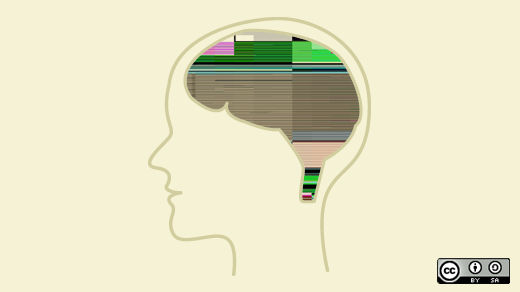The Digital Operational Resilience ACT (DORA)
DORA is the European Regulation on digital operational resilience for the financial sector. Its purpose is to make the financial sector more resilient against cyber threats and ICT risk. To this aim, the Regulation introduces specific ICT-related requirements for financial entities and enables the European Supervisory Authorities, the ESAs, to supervise how financial entities manage ICT risk.








